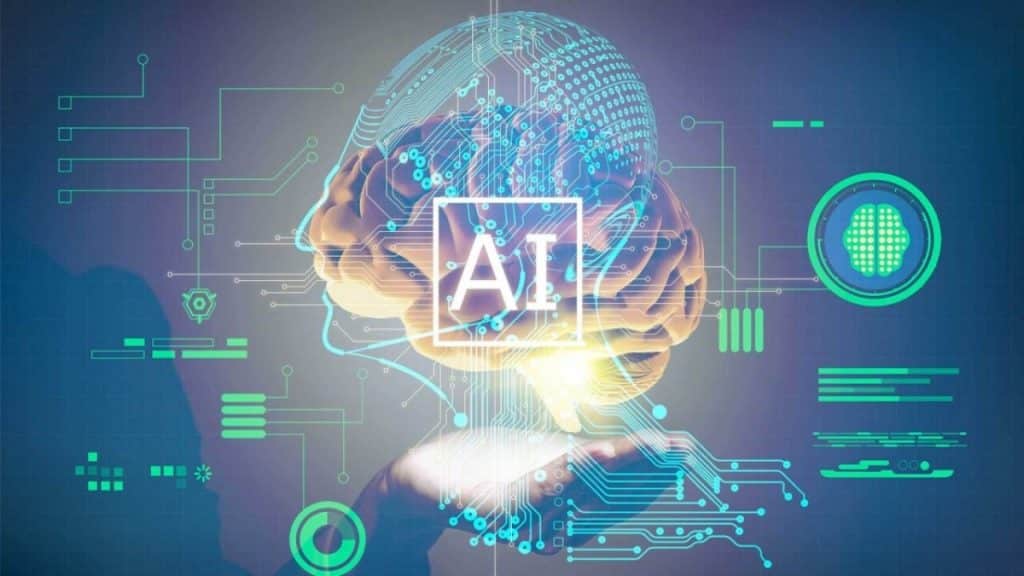You’ve likely heard the buzz about AI assistants and their potential, but understanding their transformative impact on the content creation industry might still be on your to-do list.
As a writer or marketer, grasping how to leverage these AI-powered tools can significantly amplify your productivity and unleash your creative potential. In this article, we’ll explore how AI assistants are reshaping content creation, making it smarter, faster, and more attuned to your audience’s needs.
Understanding AI Assistants in Content Creation
An AI assistant harnesses cutting-edge machine learning and natural language processing technologies to simulate human-like text generation. This capability allows them to support various content creation phases, from preliminary research to drafting and fine-tuning articles.
Integrating AI into your daily tools can transform mundane tasks such as data gathering and initial draft preparation into streamlined processes. These assistants offer data-driven insights and suggestions that speed up your research and bolster your content’s accuracy and relevancy.
Bolstering Creativity and Productivity
AI assistants can become invaluable by automating routine tasks like data compilation, draft creation, and grammar checks, which is a boon for folks who need to create daily articles.
This automation frees you to dedicate more time to infuse creativity into your pieces. AI tools are equipped with features to suggest diverse synonyms, vibrant adjectives, and innovative metaphors, enriching your language and engaging your readers more deeply.
Moreover, AI’s ability to generate content based on trends and predictive analytics can inspire new topics that resonate with current reader interests, keeping your content ahead of the curve. By integrating AI, you transform how you create content, making the process faster and more creatively fulfilling.
Customizing Content for Target Audiences
AI’s power lies in its ability to analyze vast amounts of data, including reader preferences and engagement metrics. This capability allows AI assistants to help you craft content that precisely targets different audience segments.
By understanding subtle nuances in reader behavior, these tools can guide you in adjusting your content’s tone, style, and structure to boost engagement.
For instance, AI can identify that readers from one demographic prefer engaging stories and rich narratives, while others value concise, bullet-point information. Using these insights, you can tailor your content to appeal directly to each segment, increasing the effectiveness of your marketing efforts.
Streamlining Workflow and Collaboration
Content creation often involves teams, including writers, editors, and marketers, sometimes across different geographies. AI assistants can simplify collaboration by synchronizing workflows and facilitating seamless communication among team members.
They ensure consistency in tone and style, which is crucial when multiple hands contribute to a single piece.
AI tools can also automate scheduling, manage publication calendars, and track project milestones, keeping everyone on track and aligned with strategic goals. This level of coordination is invaluable in maintaining a cohesive content strategy and upholding high quality across all outputs.
Optimizing SEO and Online Presence
In the digital age, visibility is key to content success. AI assistants can optimize your content for search engines, ensuring that it not only reaches its target audience but also ranks well.
They analyze key SEO metrics, suggest relevant keywords, and help structure articles to meet search engine algorithms’ preferences. This technical edge makes your content more discoverable and, by extension, more likely to achieve its engagement objectives.
Leveraging Data for Content Strategy
Beyond individual content pieces, AI can revolutionize your overall content strategy. By analyzing engagement data and reader feedback, AI assistants provide insights into what content works and what doesn’t.
This data-driven approach enables you to refine your content strategy dynamically, focusing on areas with the highest return on investment and adjusting tactics in real-time based on audience response.
The AI-Powered Content Revolution
Staying abreast of technological advances like AI assistants is essential. These tools are designed to complement and enhance the human creative process, not replace it. They enable you to produce more content with greater precision, in less time, and often with a higher degree of creativity and personalization.
